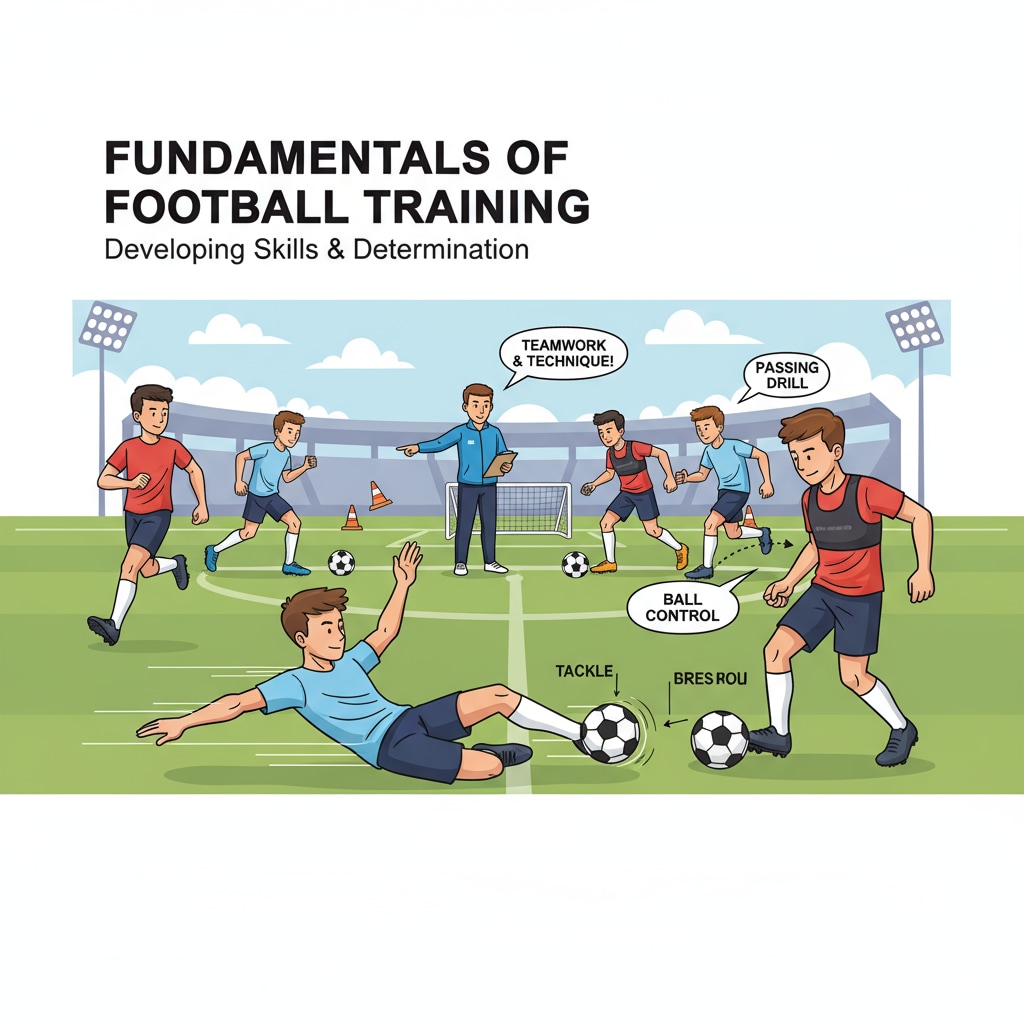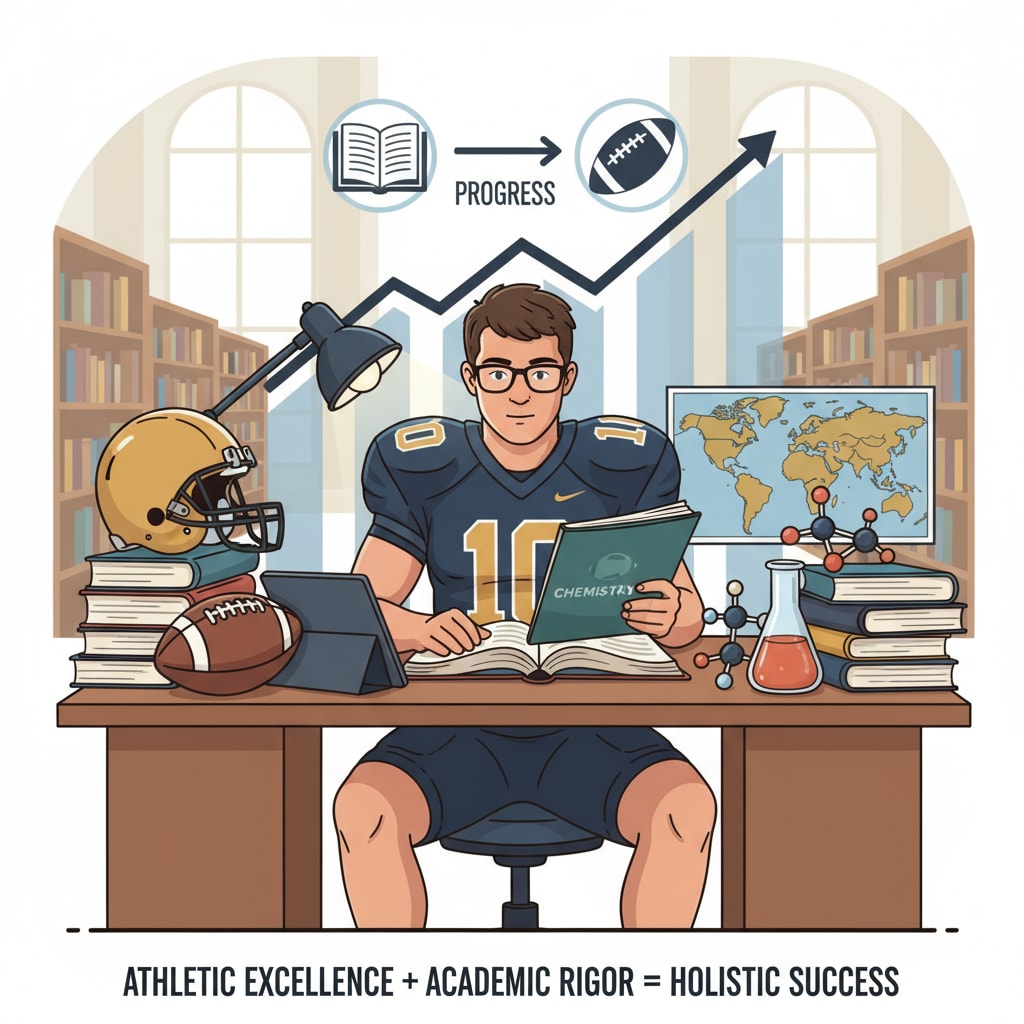Football players, college admissions, and academic exemptions are topics that often spark curiosity and confusion. The college admission process for sports talents in the US, especially football players, is a complex yet fascinating system. It’s crucial to understand the real picture behind the myths and misinterpretations.

The College Admission Landscape for Football Players
The path for football players to enter US universities is multi-faceted. Universities highly value the athletic prowess of these students. However, it’s not just about how well they can play on the field. Admissions officers also look at various aspects of a student’s profile.
For example, they consider the athlete’s high school academic performance, including GPA (Grade Point Average) and the rigor of the courses taken. Standardized test scores like the SAT or ACT also play a significant role. In addition, letters of recommendation, personal essays, and extracurricular activities outside of sports are taken into account.
Debunking the Myth of “Academic Exemptions”
There’s a common misunderstanding about “academic exemptions” for football players. Contrary to popular belief, there’s no such thing as a complete academic free pass. While universities and the NCAA (National Collegiate Athletics Association) do have some flexibility in academic requirements for student-athletes, it doesn’t mean they can skip basic academic standards.
The NCAA has set minimum academic requirements for student-athletes to ensure they are on track to graduate. These requirements include maintaining a certain GPA, making progress towards a degree, and meeting specific course requirements. As a result, football players must still work hard academically to stay eligible to play.

The NCAA’s academic support systems are in place to help student-athletes succeed both on and off the field. Tutoring services, study halls, and academic advisors are available to assist them. This reflects the core concept of the “student-athlete” dual identity in US higher education.
In conclusion, football players aiming for college admissions in the US need to understand that while their athletic talent is an advantage, they must also meet the academic requirements. The idea of academic exemptions is a misnomer, as they still have to uphold a certain level of academic performance. By grasping these aspects, they can better navigate the college admission process and thrive in their academic and athletic pursuits.
Readability guidance: The content uses short paragraphs and lists to summarize key points. Each H2 section provides a clear set of information. The passive voice and long sentences are kept to a minimum, and transition words are used throughout to enhance the flow of the article.


